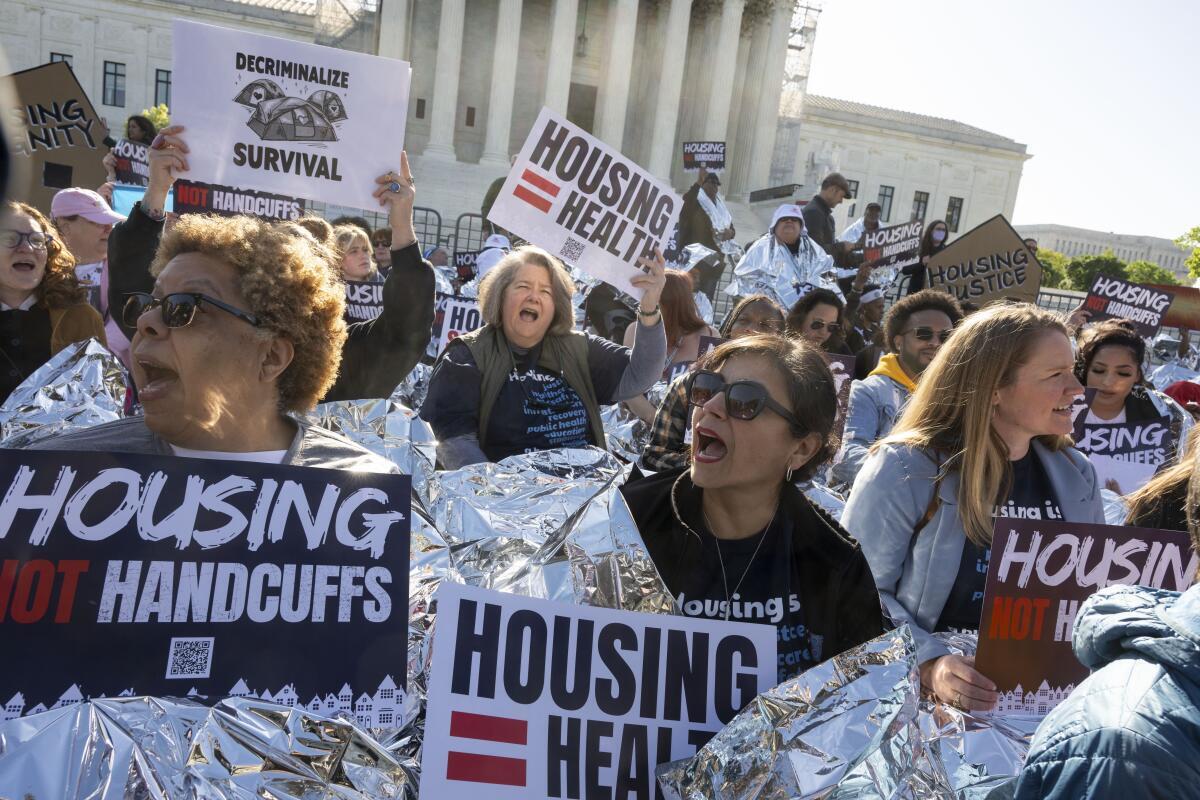The recent Supreme Court decisions from Thursday’s session have sparked considerable concern and debate. In Grants Pass v Johnson, the Court ruled against the legality of sleeping outdoors, adding to the challenges faced by unhoused individuals. This decision highlights ongoing issues of homelessness and the limits of legal protections for vulnerable populations.
In Fischer v United States, the Court narrowed the scope of charges that can be brought against insurrectionists involved in the January 6 events, signaling a conservative approach to prosecuting such cases. This decision has significant implications for how justice is administered in cases of political violence and civil unrest.
A particularly impactful ruling came in Loper Bright Enterprises v Raimondo, where the Court overturned the longstanding Chevron doctrine.

This decision fundamentally alters the authority of government agencies to regulate various aspects of public life, including environmental protection, firearms, retirement accounts, and healthcare. The move diminishes the regulatory powers historically afforded to agencies, sparking concerns over potential deregulation and its consequences.
These decisions underscore a broader trend where the Supreme Court increasingly assumes a pivotal role in shaping legislative outcomes, regardless of electoral results. This shift raises alarms about the concentration of power in unelected judicial bodies and its implications for democratic governance.
Critics argue that these rulings disproportionately benefit wealthy interests, such as yacht owners, at the expense of broader societal concerns and marginalized communities. The decisions have prompted extensive analysis and commentary, with legal experts and commentators discussing the implications for future policy-making and societal well-being.
The recent Supreme Court rulings highlight growing concerns over judicial activism and its impact on democratic processes and social justice. As public debate continues, these decisions are likely to influence future legal challenges and political discourse in profound ways.


